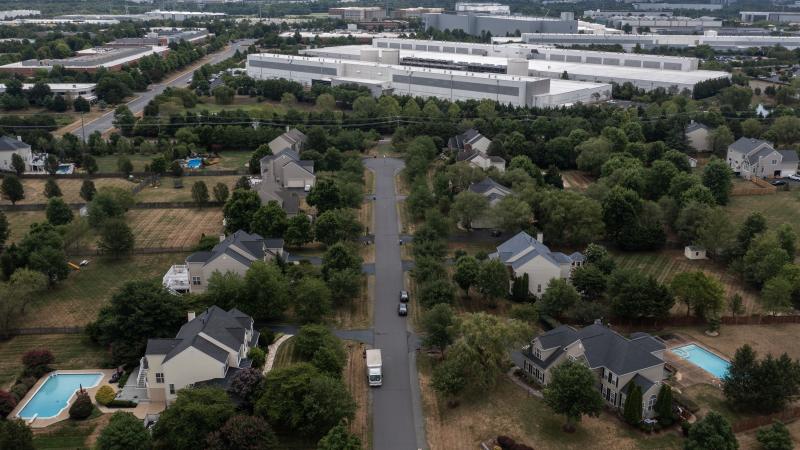Religious groups continue to fight mandate forcing abortion coverage
The U.S. Department of Health and Human Services ordered in 2011 that employers would be required to cover controversial contraceptives and abortifacients through their health care plans for employees.
The U.S. Supreme Court has been asked by a coalition of Muslims, Jews, Christians, 20 states, and legal scholars to block New York's mandate requiring nuns, alongside religious organizations, to pay for employees' abortions.
The high court has not said if it will take up the appeal filed Sept. 17.
In 2017, a group of various religious organizations and goat-herding nuns sued New York seeking religious protections after the mandate required employers to cover abortions in their employee health insurance plans.
The U.S. Department of Health and Human Services ordered in 2011 that employers would be required to cover controversial contraceptives and abortifacients through their health care plans for employees.
Resulting in years of challenging the mandate of religious organizations.
"New York is bullying nuns into bankrolling abortions because they serve all people, no matter their faith," said Eric Baxter, vice president and senior counsel at Becket, in a statement.
Becket is a nonprofit, public-interest law firm dedicated to protecting the free expression of all religious traditions.
Baxter continued, "That is unacceptable – as this outpouring of support shows, religious organizations should be free to care for the needy without having to violate their beliefs."
The original proposal by the New York State Department of Financial Services promised exemption to all employers with religious objections.
The regulation would force them to violate their individual religious convictions about the sanctity of life, resulting in Becket and Jones Day requesting the Supreme Court to step in when New York courts refused to protect the religious groups.
After the justices reversed the lower courts' rulings and requested they reconsider, the state courts ignored the suggestion to protect the churches and ministries and upheld the abortion mandate.
The court's refusal led the coalition to return to the Supreme Court.
"Religious groups in the Empire State should not be forced to pay for insurance coverage that violates their deeply held religious beliefs," said Noel J. Francisco, partner-in-charge of Jones Day's Washington office, in a statement. "This broad coalition is asking the court to make that clear and protect a diverse group of religious ministries from New York's mandate."
After pressure from abortion activists, New York made it more difficult by only allowing the religious exemptions to "cover only religious groups that primarily teach religion and primarily serve and hire those who share their faith."
The coalition of Catholic health care professionals and organizations explains that most religious ministries seek to serve all people regardless of faith. An example is the Carmelite Sisters for the Aged and Infirm and their Teresian Nursing Home that serves the elderly and dying regardless of religious affiliation.
Texas, Florida, Georgia and Ohio have pointed out states like New York, California, and Colorado that repeatedly attack religious freedom while Muslims, Hindus, Jews, and Christians detail the critical need for protecting religious freedom for minority faiths.
In the lawsuit, Notre Dame's Religious Liberty Clinic explains how the mandate hurt vulnerable communities by shutting down the religious ministries that serve them.














